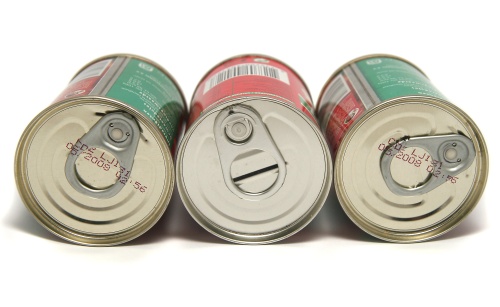Following news that the majority of consumers throw out goods purchased in buy one get one free offers in their local commercial property supermarket, a study by consumer website Which? has revealed that shoppers can actually end up spending more when thinking they are getting a bargain.

Supermarket commercial properties have been accused of misleading customers with regular offers, where the price of individual goods can often double while supermarkets appear to be helping customers save money.
In fact, almost all UK supermarket commercial properties have been found to manipulate prices to give the illusion of a great deal, instead of offering genuine reductions on the price of goods.
Researchers from Which? surveyed over 700,000 products found in supermarket commercial properties and found that these bogus offers can affect everything from fresh fruit and vegetables to cleaning products and toilet paper. At a time where supermarket commercial properties claim to be helping their customers save money, these revelations could have a damning effect upon the trust consumers place in their preferred supermarket chain.
In one case, Asda commercial properties were offering Muller yoghurt pots in a ten for £4 deal. However, as the price of an individual yoghurt pot comes in at 30 pence, the customer actually ended up spending a pound more than they would if buying ten individual yoghurts outside the period the offer ran. This effectively doubled the price of the individual product, bumping it up to 61 pence.
Other examples of supermarket commercial properties manipulating customers into thinking they were getting a good deal include higher pricing for a short period so, when the cost reverted back to regular retail price, customers believed that they were genuinely getting good value for money.
This can even stretch to lying about the original price. Which? discovered that a supermarket commercial property chain was advertising Aquafresh Milk Teeth Toothpaste as “£1.15, down from £1.74” – however, the brand was never retailed at the higher price at all.
Of course, it is hard to resist a bargain, and every shopper can probably admit to being encouraged to purchase items without totalling up the original cost at one point or another. However, the question of whether supermarket commercial properties can ethically, and legally, attempt to hoodwink consumers must now be addressed.
Which? believes that current regulations on special offers must be closely scrutinised to prevent supermarket commercial properties taking advantage of the trust consumers place in them. They believe that the current rules are simply not working, and that they must be tougher to protect families from spending more on their weekly shop than is necessary.
In response to the study, which implicated several large commercial property supermarkets, the general response has been to claim innocence – with the majority stating that they were not aware of the “mistakes”.
Tesco said; “We make every effort to ensure we act in accordance with government guidelines.”
Asda responded; “We are only human and occasionally make mistakes.”
Meanwhile, Sainsbury’s claimed to have the consumer’s best interests at heart, stating that; “We would never seek to mislead our customers.”
Do you often find yourself drawn in by special offer signs at your local commercial property supermarket and not check the figures as often as you should? Do you believe that supermarket commercial properties should be punished for manipulating prices for profit?
Previous Post
2012 Olympics Bring a Commercial Property Boom to London